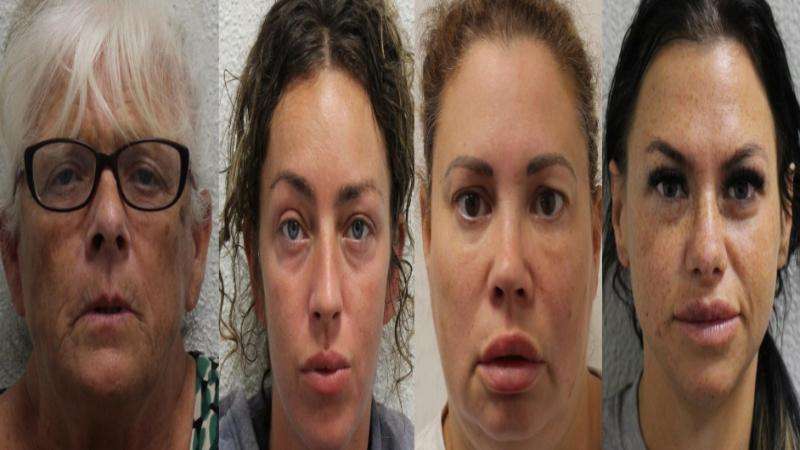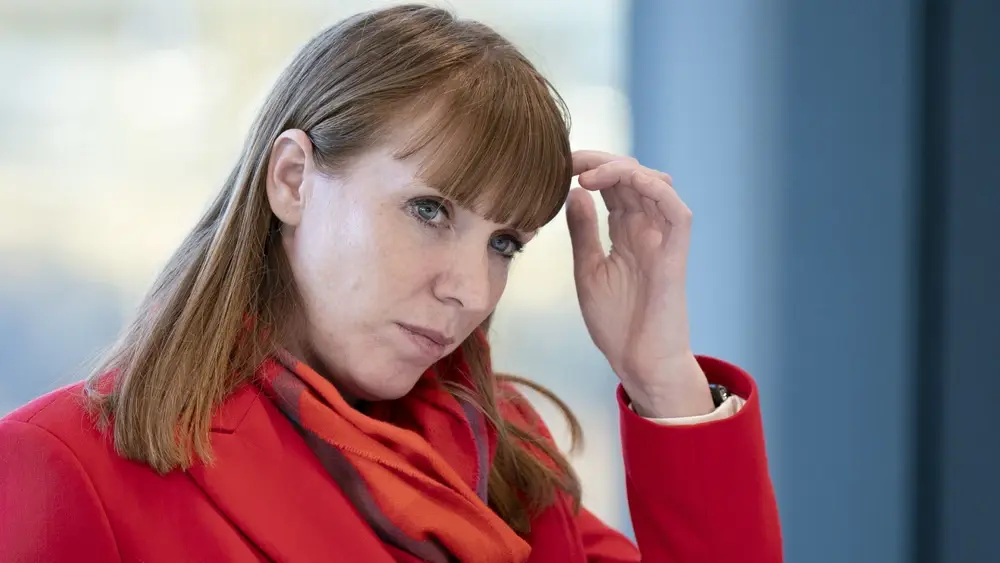Health officials have issued an urgent warning following an alarming rise in life-threatening botulism cases directly linked to unauthorized "beautification" surgeries using counterfeit Botox. These illicit procedures appear to be disproportionately targeting women within the British Bangladeshi, South Asian, and broader BAME (Black, Asian, and Minority Ethnic) communities across the UK.
Since early June, a shocking 38 individuals have been poisoned by these dangerous products, with reports surfacing from the East of England, East Midlands, and a previous spate of cases in the North East. Victims have endured severe and terrifying symptoms, including debilitating difficulties with breathing and swallowing, as well as slurred speech – all hallmarks of iatrogenic botulism, a rare but potentially fatal condition. Many have required urgent NHS care.
Investigations by the UK Health Security Agency (UKHSA) strongly suggest that an "unlicensed Botox-like product" is at the heart of this health crisis. There's growing concern that underground networks are exploiting cultural trust and potentially offering these procedures in unregulated settings within these communities. A source close to the investigation, who wished to remain anonymous, stated, "We are seeing a worrying trend. There's a clear pattern of these dangerous 'Botox' treatments being marketed towards, and administered to, women from specific ethnic backgrounds. These practitioners are exploiting vulnerabilities, whether it's through language barriers, cultural norms around beauty, or a lack of awareness of proper medical procedures."
While specific details on the practitioners involved remain confidential due to ongoing criminal investigations, the UKHSA has confirmed that those identified so far have ceased offering injections and are cooperating with authorities. However, officials caution that new links and individuals are continually being uncovered, and the geographical spread of cases indicates a wider problem than initially believed. The current cases are not directly linked to previous incidents in the North East, suggesting multiple, independent sources of the dangerous products.
Dr. Gauri Godbole, a consultant medical microbiologist at the UKHSA, reiterated the seriousness of the situation. She explained, "Botulism related to aesthetic procedures is rare, but it can be extremely serious. It is caused by toxins produced by the bacterium Clostridium botulinum. These toxins, not the bacteria themselves, are the active ingredient in legitimate 'Botox' and similar products. However, in these counterfeit products, the concentration, purity, and even the substance itself can be wildly inconsistent and lethal." Crucially, Dr. Godbole emphasized that symptoms of botulism can take up to four weeks to develop after exposure. This delayed onset can make it challenging for victims to connect their deteriorating health to a recent cosmetic procedure, highlighting the importance of immediate medical attention. "If you have had a recent botulinum toxin (Botox-like) treatment and are experiencing symptoms such as difficulty swallowing or breathing, or slurred speech, contact NHS 111 for urgent advice and seek immediate medical treatment," she urged.
Professor Meghana Pandit, co-national medical director for secondary care at NHS England, underscored the critical importance of seeking out qualified medical professionals for all cosmetic procedures. "When these procedures go wrong, there is a severe risk of serious infections, permanent scarring, and in these extreme cases, life-threatening poisoning," Professor Pandit stated. "This is precisely why only registered professionals like a doctor, a nurse, or a pharmacy prescriber should be prescribing and administering these treatments. Patients must verify credentials."
Dr. Alison Cave, the chief safety officer at the Medicines and Healthcare products Regulatory Agency (MHRA), confirmed that their criminal enforcement unit is actively pursuing those responsible for the illegal trade in these dangerous substances. "Our unit is working tirelessly to identify and disrupt those involved in the illegal trade of medicines. We will take robust enforcement action where necessary, which includes criminal prosecution for those putting the public's lives at risk."
The UKHSA and other health bodies are urging the public, particularly those in the targeted communities, to exercise extreme caution before undergoing any aesthetic procedure. Always ensure the practitioner is a qualified and registered healthcare professional with necessary insurance. Insist on knowing the exact product being used, as legitimate Botox and similar products are prescription-only medicines and must be administered by a qualified prescriber. Be wary of unusually cheap deals, and never undergo procedures in private homes, hotels, or any environment not designed and regulated for medical procedures. Choose clinics with a strong reputation and clear professional standards, and ensure the practitioner conducts a thorough consultation explaining the procedure, potential risks, and aftercare. Above all, if something feels off, prioritize your health and safety. The ongoing investigations aim to dismantle the networks supplying and administering these dangerous "fake Botox" products. Until then, vigilance and informed choices remain the strongest defense against this insidious public health threat.


_4.jpg)
_6.jpg)
_1.jpg)



.svg)


